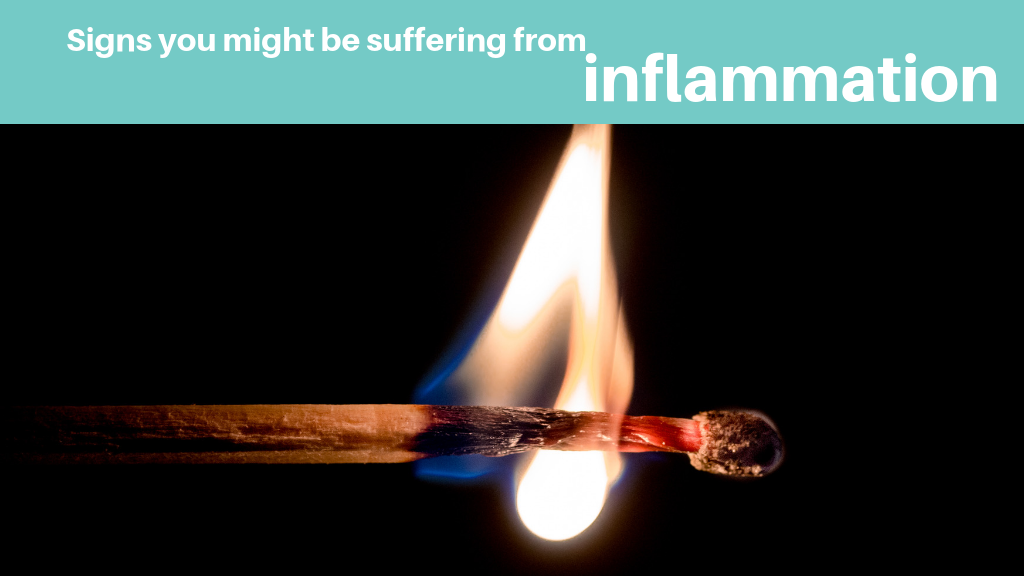Most of us at one time or another have experienced poor sleep quality and the side effects from it. Mostly we just soldier on. If it goes on, it can take it’s toll on your health, your mental health and life quality. Here are five signs you are sleep poor and tips on how to improve your sleep.

You’ve had a change in appetite
Change in sleep patterns or loss of sleep can alter your metabolism and hormones that regulate your hunger. A sign you are sleep poor you might find yourself reaching for fatty or sweet foods for energy to keep you awake.
Your mood has significantly changed
You find yourself short tempered or irritable and perhaps unable to monitor your self control as easily. Lack of energy can change your mood and find you snapping when you are usually able to control yourself.
Your memory is not good
Forgetting appointments or where you’ve left your keys. Sleep helps us generate new memories and without good quality restful sleep we can start to have problems creating new memories.
You’re getting sick regularly
Constantly catching colds or feeling run down? Sleep allows our immune system fight inflammation and stress. Without it you can continue to get those niggling colds and flus.
You’re lacking in energy to do the things you love
You are tired and making excuses not to do the things you usually love to do may be a sign you’re not getting good restful sleep.

Tips to improve your sleep
Stop watching television or using electronic devices for at least 30 minutes before bedtime.
Blue wavelengths from electronic devices and energy efficient lights — which are beneficial during daylight hours because they boost attention, reaction times, and mood—seem to be the most disruptive at night.
Set your bedroom temperature between 15 and 19 degrees Celsius.
Sleeping in a room that is either too warm or too cool interferes with your body’s ability to drift off and stay asleep.
Follow a consistent sleep schedule
Having poor bedtime habits, such as going to bed too early (before you’re tired) or too late (when you’re overly tired) can make it more difficult to sleep soundly.
Create a relaxing pre-bedtime routine
Taking a bath or reading a book can help you relax, slow down the mind and metabolism to ease the transition to sleep. Creating a relaxing space to sleep will also help. Ensuring your room is dark, comfortable, private and quiet will help you get a restful night.
Limit your alcohol consumption
More than one or two drinks per day may disturb your sleep patterns. Drinking more might help you get to sleep but it disturbs your REM sleep where restoration happens.
Avoid caffeine before bed
Try to avoid caffeine – coffee, tea, cola and cocktails, within four to six hours of bedtime, and alcohol within three hours of going to bed.
If you try these suggestions and still feel the quality of your sleep needs improvement, it may be best to talk to your doctor or get a referral to a sleep clinic. A physician can recommend lifestyle changes, medication, or other therapies that may improve your sleep.


